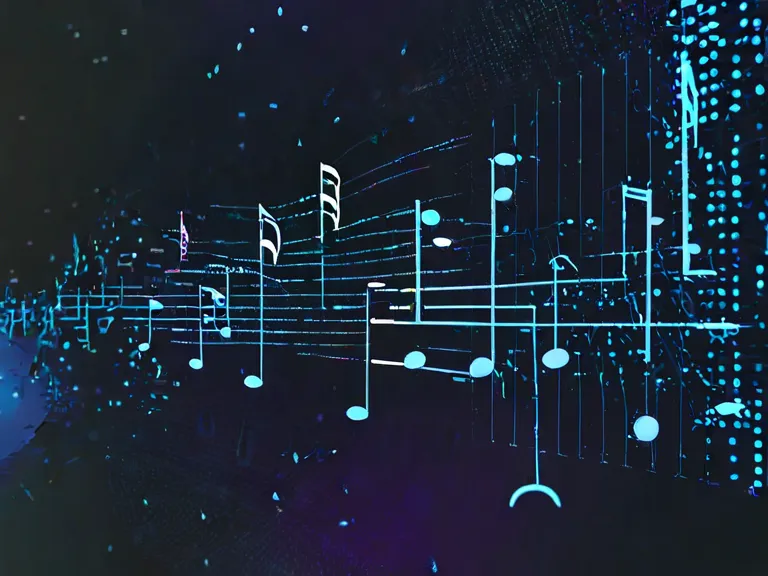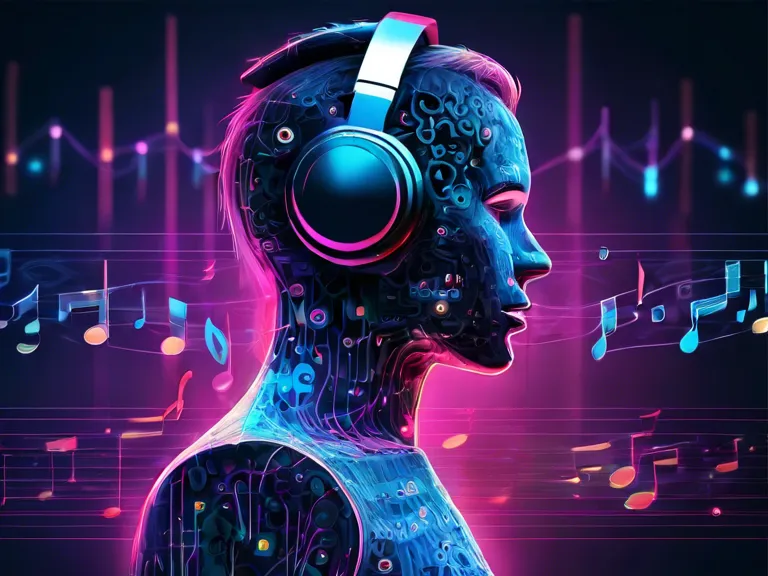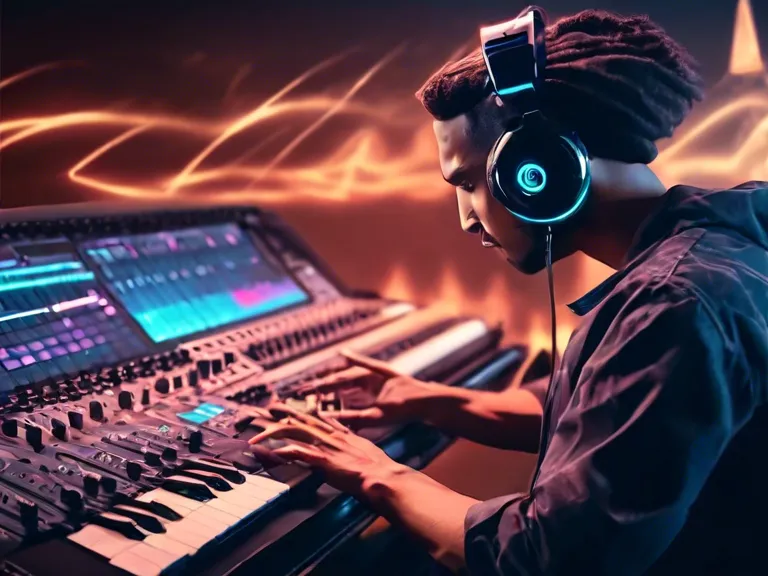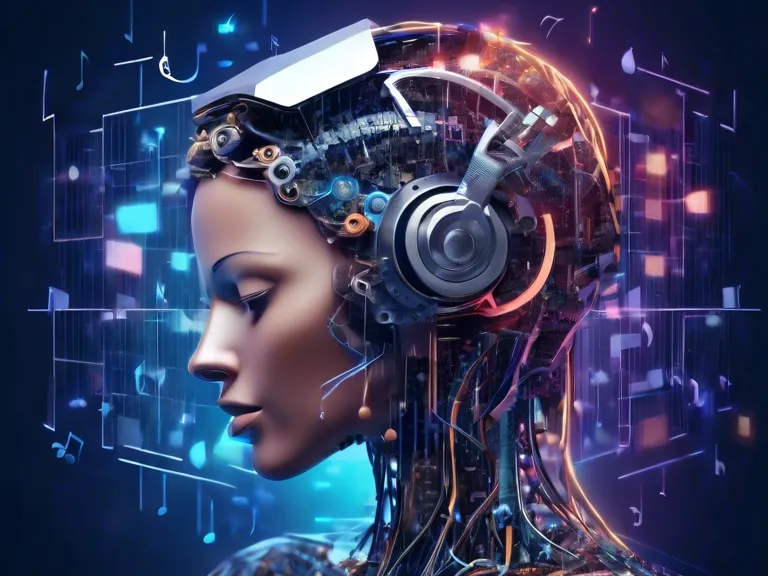
In recent years, artificial intelligence (AI) has been making significant advancements in various fields, including music. One of the most fascinating applications of AI in music is its ability to analyze data and automatically generate melodies. This innovative technology has the potential to revolutionize the music industry by providing musicians and composers with new tools for creativity and inspiration.
Traditionally, creating music has been a creative process that relies on the skill and intuition of the composer. However, AI has the ability to analyze vast amounts of musical data to identify patterns and trends that are not immediately apparent to the human ear. By processing data from existing songs and compositions, AI algorithms can learn to recognize musical structures and harmonies, which can then be used to generate new melodies and compositions.
One of the key advantages of using AI to create music is its ability to work quickly and efficiently. While it may take a composer hours or even days to come up with a new melody, AI algorithms can generate multiple options in a matter of seconds. This can be particularly useful for musicians who are looking to overcome creative blocks or who are under pressure to meet deadlines.
Furthermore, AI can also provide composers with a new perspective on their work. By analyzing the data generated by AI algorithms, composers can gain insights into their own musical style and preferences. This can help them to refine their compositions and develop their skills as musicians.
Overall, the use of AI to analyze and create music represents an exciting new frontier for the music industry. By harnessing the power of AI, musicians and composers can discover new creative possibilities and push the boundaries of what is possible in music.



